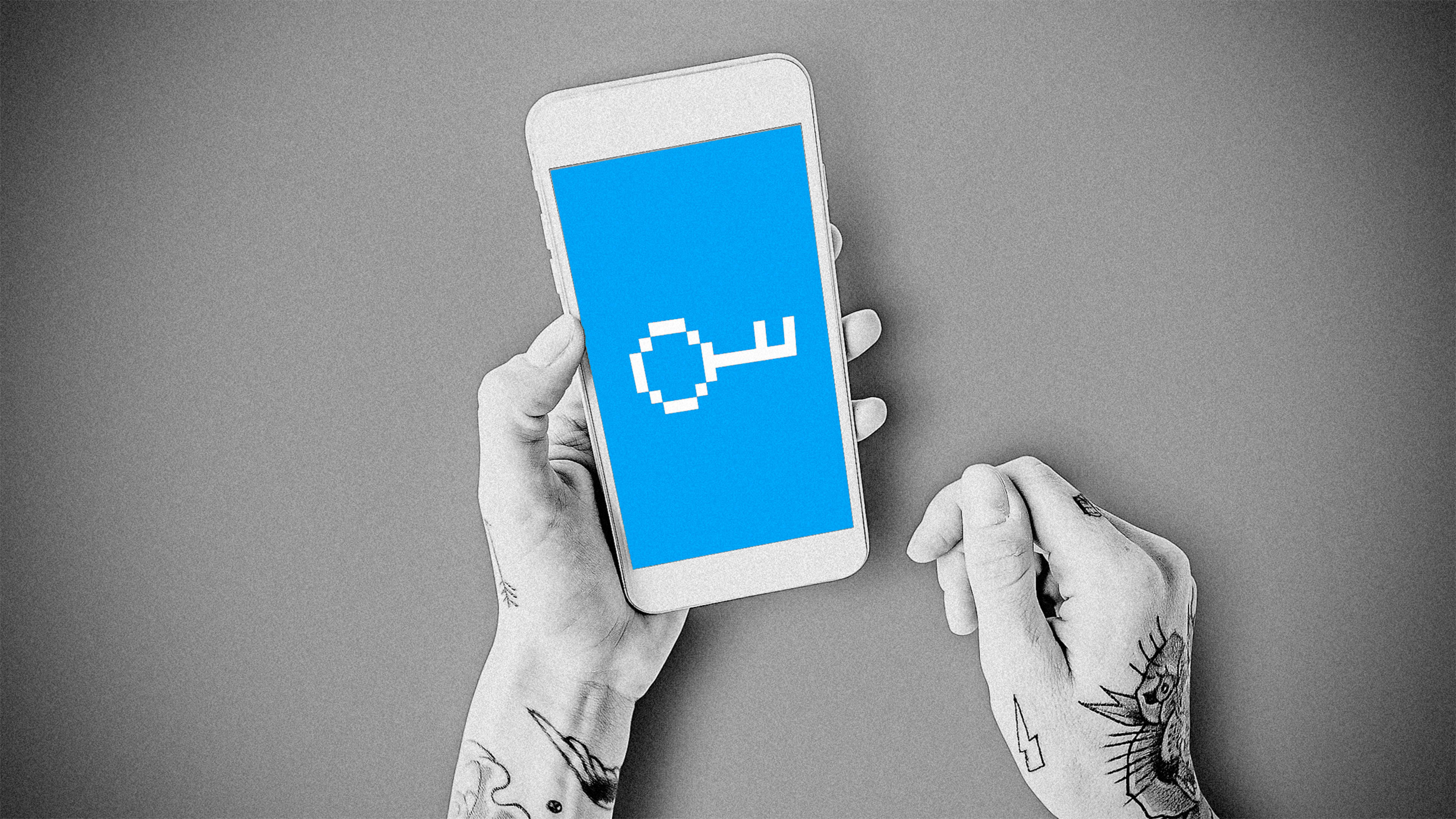Starting next week, Twitter will begin charging for access to the Twitter API—its latest money-making gambit under the leadership of owner Elon Musk. The announcement came late Wednesday night via @TwitterDev, the official Twitter Developer account, which posted a short thread explaining the move.
“Over the years, hundreds of millions of people have sent over a trillion Tweets,” it tweeted. The cost of this operation has apparently grown to a point in Twitter’s eyes where, beginning February 9, all access to the API will be meted out through a “paid basic tier.”
Twitter said very little else other than a somewhat cryptic follow-up: “We’ll be back with more details on what you can expect next week.”
Pricing for the new entry-level tier wasn’t disclosed, though Twitter does already offer various upgraded packages. The prices for those aren’t publicized either, but users’ screenshots show it ranges between $149 and $2,499 per month, depending on the amount of access required.
Twitter’s API—short for “application programming interface”—gives third-party developers the tools they need to connect products, from bots and plugins to full-on separate apps, to the Twitter platform. Traditionally, companies have opened their platforms’ APIs to third parties, on the idea that software built around their platform would make their platform more influential and valuable.
Facing a mountain of debt and uncertain future revenue prospects, Twitter has now gambled that charging third parties—including smaller content creators who may not have much budget, if any—will increase revenue.
But plenty of its active API users see it differently. This move, they argue, could effectively wipe the site clean of many of the free, useful tools built using that very API, everything from goofy bots, to games, academic research projects, auto-posters and auto-blockers, and more.
Other critics grant that it’s not absurd to ask third-party developers who extract more value from Twitter than they contribute to pay something, but that this seemingly abrupt shift may not be the most ideal way to do that.
“One week’s notice and no indication of pricing shows Twitter is chaotic and unreliable. No one’s going to build a business on that,” writes Tom Coates, a Bay Area product developer who famously has a house that tweets. “You’re basically just shutting down the API and causing massive damage to Twitter in the most labour intensive way possible . . . This is dumb.”
On its own page for developers, Twitter currently notes that “using the Twitter API is essential for engaging with the public conversation,” calling bots that rely on the API “an integral part of the conversation on Twitter.” It even goes on to list some examples: “Some bots show old roadside pictures, bots that watch TV, and even check a flood forecast.”
The move also affects scientists and students who use Twitter data to study social media behavior and for other research projects. Meanwhile, smaller content creators have used the free API access to create an entire economy of bots, some of which are silly (like the @ArtDecider account), but many of which serve a useful purpose. For instance, there are bots that track whom elected officials follow and unfollow; bots that calculate the odds that another user is a bot; bots like @threadreaderapp to unroll insightful Twitter threads; and the @SaveVidBot for saving tweeted videos as files on your device.
For developers, these accounts tend to be side projects, not profit turners. Some creators have already responded to today’s news by saying they may have to shut their bots down.
Since buying the platform last year for $44 billion, Musk has intensified efforts to boost Twitter’s sagging revenue and reduce costs. Among his schemes thus far have been purging almost 5,000 employees, introducing the widely panned $8-a-month Twitter Blue subscription plan, auctioning off the fancy furniture and espresso machines at Twitter’s headquarters, and allegedly not paying rent.
Recognize your brand’s excellence by applying to this year’s Brands That Matter Awards before the early-rate deadline, May 3.
